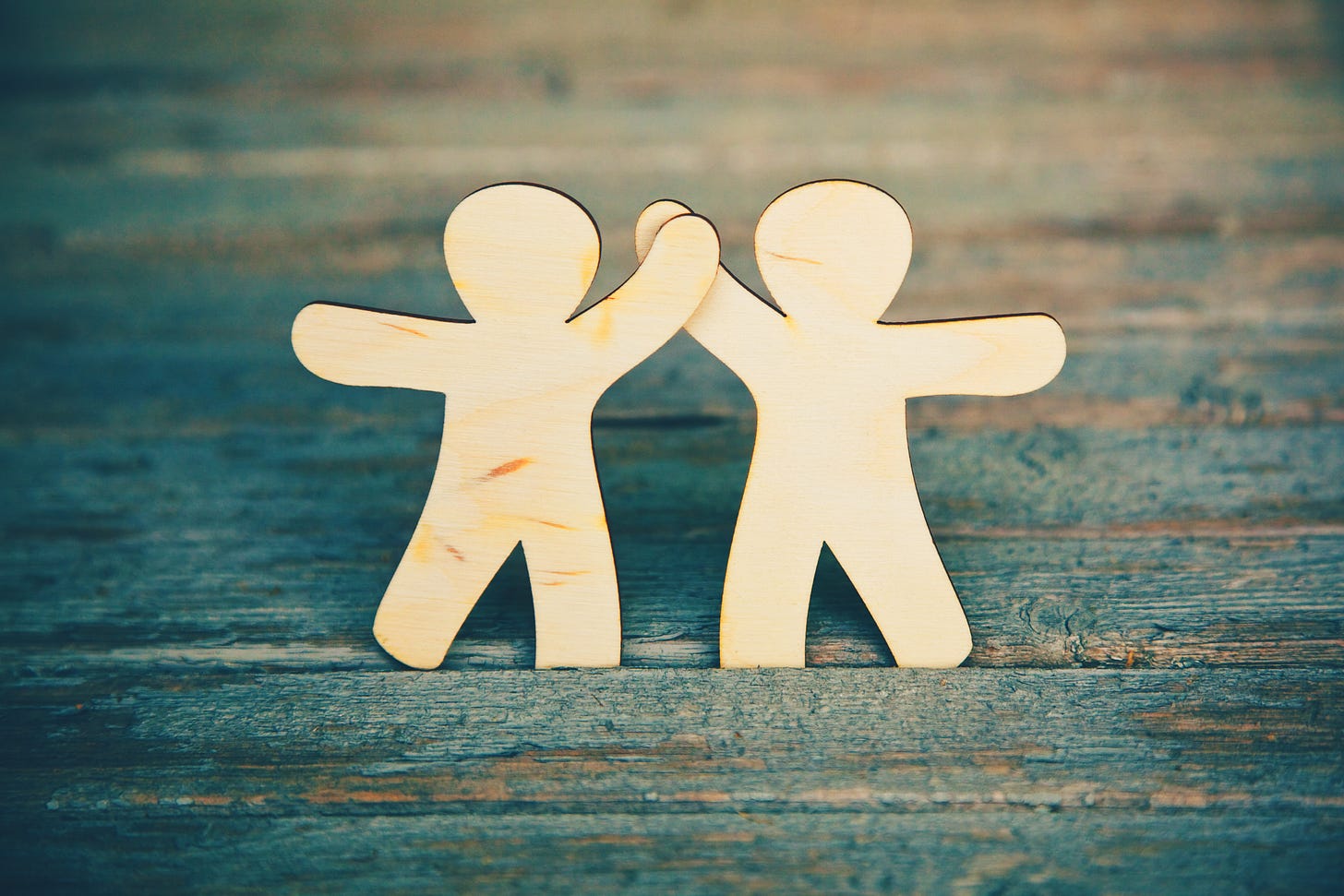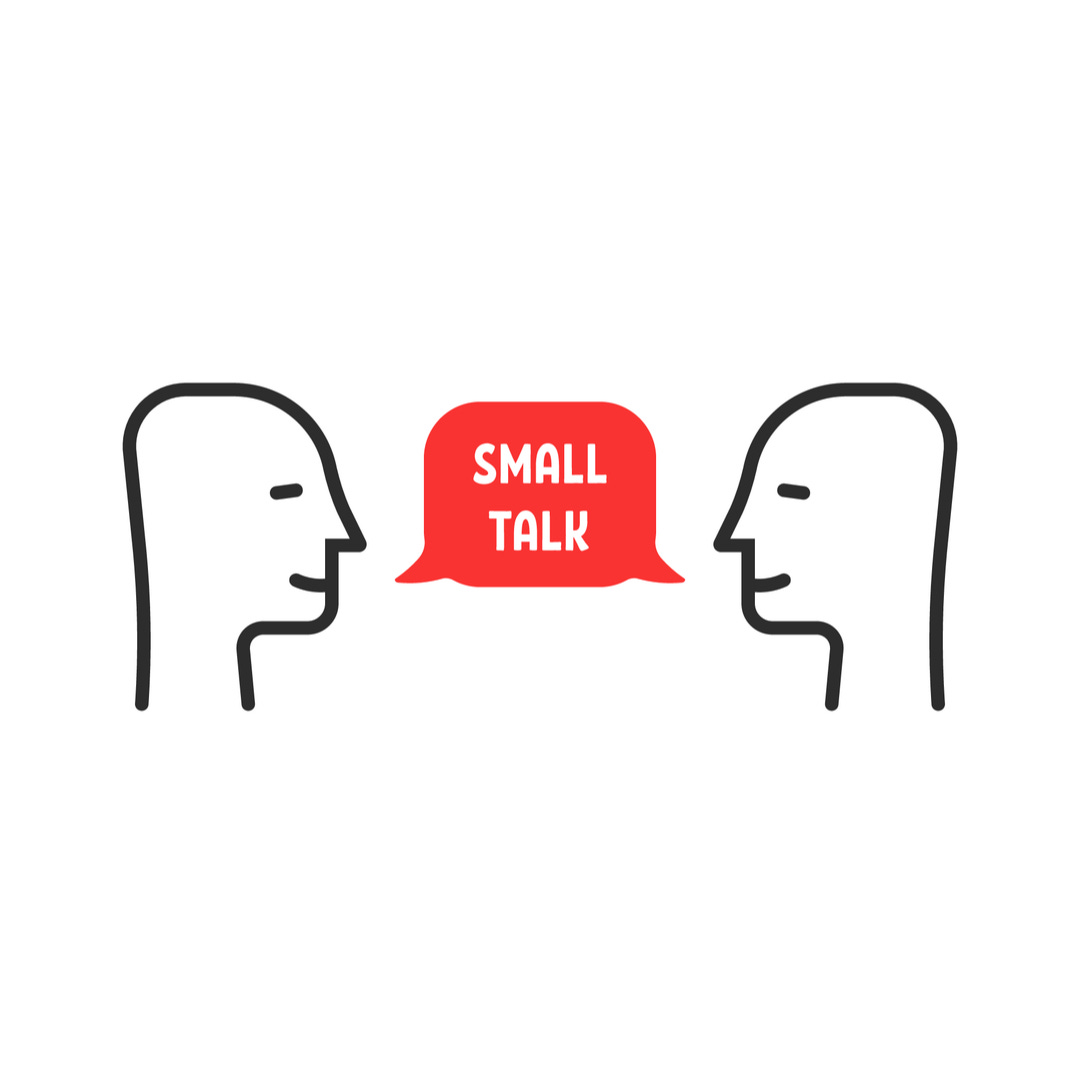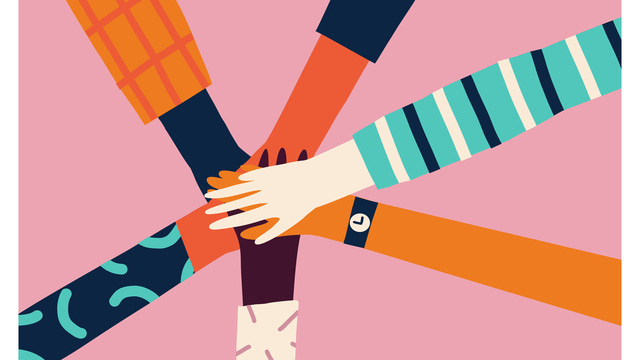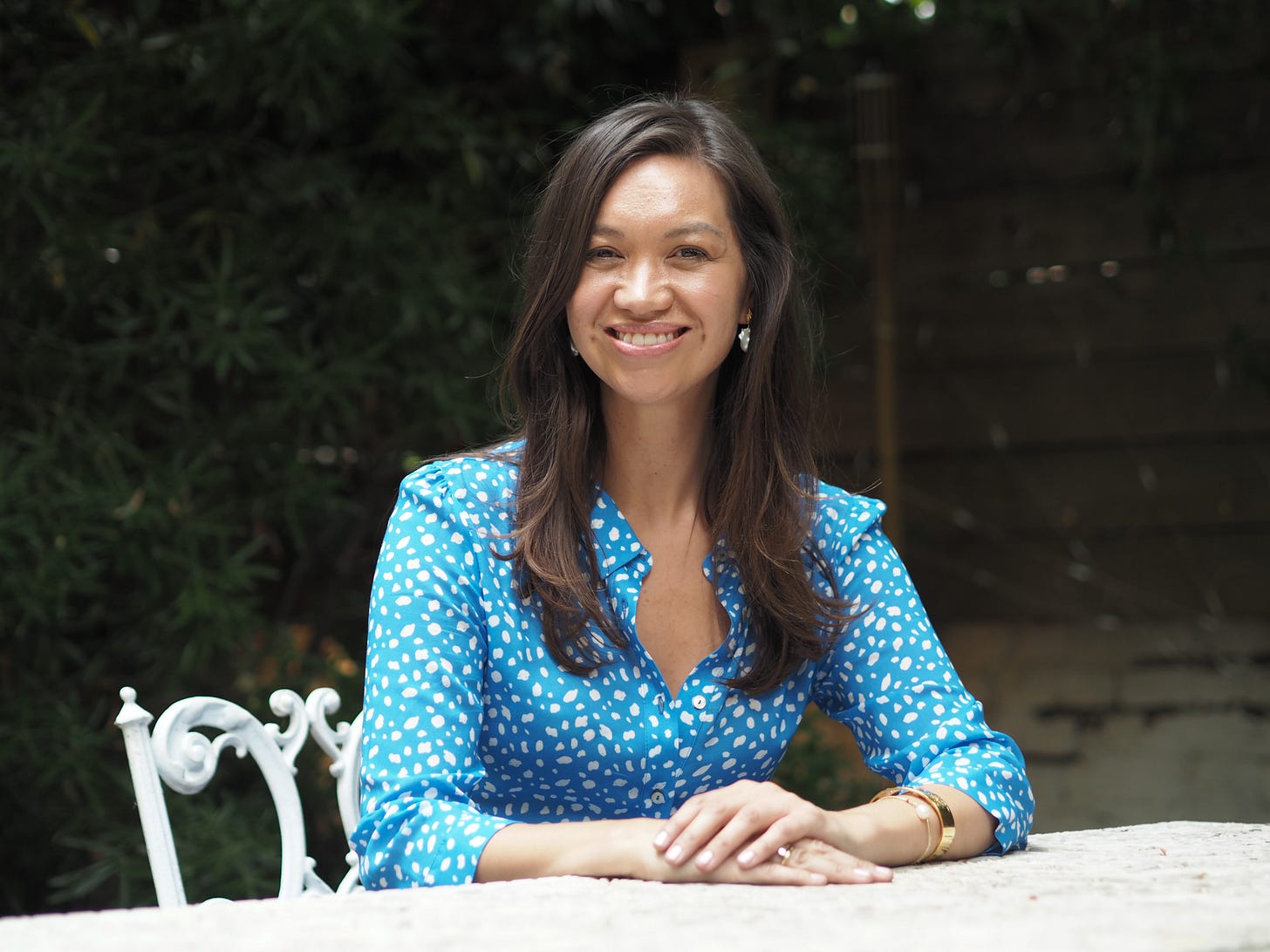The loneliness of the HSP
Why so many highly sensitives can be surrounded by people and still feel alone.
Welcome to my weekly newsletter building a supportive community for Highly Sensitive People (HSPs).
Upcoming event: On Thursday, May 12th at 8pm BST, I will be giving a one-hour online talk (with plenty of time for questions): Thriving as a Highly Sensitive Person: practical tips for staying grounded in an overstimulating world.
For more info and tickets, click here.
One of the greatest gifts of being a Highly Sensitive Person is the depth of connection we can experience in relationships with friends, family members and partners. But the reverse is also true: Our feelings of loneliness can run just as deep.
A lot has been written about the epidemic of loneliness in today’s societies, the role of the pandemic in exacerbating the crisis, and the impact that chronic loneliness can have on our well-being. Since the topic comes up so much in my coaching work, I thought I’d offer some thoughts on why HSPs so often feel lonely — and some ideas for how we can find new ways to connect.
Common thread
Everyone needs meaningful relationships, and feelings of loneliness can arise for many different reasons. But if I was to name one common thread that links the loneliness experienced by HSPs, it would be a lifelong feeling of not being seen.
As deep processors of thoughts and emotions, HSPs often feel different. We may have grown up in families where our parents or siblings didn’t validate our big feelings, or lacked the skills to comfort us in our moments of hurt or distress. Care-givers may have lacked awareness of our deep emotions, or gone in to fixing mode — a well-intentioned response that inadvertently ended up invalidating us. We were surrounded by people — but felt very alone.
At school, many HSPs tried their best to fit in — but were often rejected or teased. Perhaps you were labelled a “drama queen”, “too sensitive”, or “a bit weird.” If we weren’t allowed to show up fully, we may have suppressed core aspects of ourselves.
Over time, we learned to wear a mask. But fitting in came at a cost: leaving a gulf between our private selves and our public personas.
This deep imprint of loneliness in early life can stay with us as we grow up, getting reactivated each time we feel that we’re not finding the depth of connection we need.
Social dilemma
HSPs have wonderful capacities to perceive hidden layers of complexity; to see what others can’t, and to read subtle clues that reveal that there may be more to situations or people than meets the eye. But this heightened level of awareness can also separate us from others, often leaving us asking: “Why can’t others see what I can see?”
This sense of disconnect is often mirrored in our difficulties in fitting in with social situations. HSPs don’t tend to be big on small talk. We want to discuss “deep” topics: our feelings; difficult experiences we’re processing; challenging aspects of our relationships, or the kind of psychological, philosophical or spiritual speculation that might not be everyone’s cup of tea.
We’ve all had the experience of coming away from an event feeling physically drained — especially if we only went along to please somebody else. Our finely-tuned HSP nervous systems take longer to recover from all that unwanted stimulation, meaning it can be tempting to retreat from the world.
As HSPs, we certainly need to structure in space to rest and recuperate — and alone time can be a hugely positive thing. But there’s a fine line between healthy periods of solitude, and becoming even more lonely by retreating permanently into a shell.
Being labelled “shy”
Much like many of the Highly Sensitive Children I work with, I was one of those quiet children who used to stand back and observe everything before getting involved. Since it took me a while to warm up around new children, I was soon labelled as “shy.” Not knowing any better, I concluded that “shy” was who I was.
In fact, psychologists have demonstrated that being shy is a temporary feeling — not a personality trait. Looking back, I can see the “shy” label came from a caring place — the adults around me were trying to be supportive; and manage their own discomfort at my hesitation to join in. But “shy” isn’t a helpful label, and it took me years to realise that this apparent shyness wasn’t really me — I was simply processing new situations deeply in line with my high sensitivity.
Losing my mum at the age of nine pushed me further into myself. I lived a very private life and was fascinated with issues of consciousness and what happens after death — topics that I couldn’t discuss with any of my teenage friends. I went along with the talk about boys, make-up, and gossip, even though I felt disconnected inside. As we got older, I enjoyed partying to an extent, and convinced myself and everyone else that I was having a great time. But when I look back, I can see that I was playing the game to fit in.
I was very fortunate to find activities where I could channel my depth of feeling and creativity: dance; singing; acting and piano. Getting involved in the performing arts gave me my first true sense of belonging. Today, when I work with parents of Highly Sensitive Children, I often support them to find an activity that really lights their child up.
Finding connection
There’s no one-size-fits all approach to overcoming loneliness, but here are a few possibilities to explore.
Self-acceptance
HSPs often find great relief in discovering the work of Dr Elaine Aron, the American psychologist who pioneered research into sensitivity, since it shows that high sensitivity is not “all in the mind” — it is a real personality trait that means you process sensory input and emotions more deeply.
Once you recognise yourself as an HSP, you can let go of any pressure you may feel to be a social butterfly, and structure in the space and rest you need to stay balanced.
There may be times when high sensitivity can seem like a burden, and you may long to be more easy-going. But high sensitivity also comes with great advantages in terms of empathy, intuition, emotional intelligence, creativity and much more. Learning about high sensitivity can help you accept yourself just as you are.
Prioritise quality friendships
As HSPs, we need to connect deeply with other people — and share our authentic selves. Even if you have one or two people you can meet at this deeper level, it will be powerfully protective against a sense of alienation or aloneness you may feel.
Feel the feelings
It can be tempting to stuff down or over-ride unwanted feelings, but we need to make space for everything that’s alive in us if we want to be our authentic selves.
When we can find the courage to sit with our own pain, and accept and acknowledge how we feel, we start to heal. We recognise that there are many other people who share similar feelings. And we can begin to move away from feeling lonely and disconnected, and recognise that we’re part of something bigger.
Find (the right) communities
Finding the right community can help us feel at home — and provide an opportunity for us to spend time with people who share our values and desire for deep connection. I’ve loved taking part in choirs and musical theatre — and there’s obviously endless other types of group. At the same time, it’s important to be discerning, trust your intuition and ensure that you feel comfortable. A little trial and error may be needed to find the kind of community that feels right for you.
As always, I love to hear about your experiences in the comments.
And please don’t hesitate to forward this to anyone you feel might find it helpful.
Thank you for being part of The HSP Revolution community.
See you next week!








Dr Genevieve, thank goodness for you! I have lived all my life behind a mask, a people pleaser, fixer and rescuer. My mother was also an HSP (as was her mother) and we shared a deep connection where I felt heard, seen and validated. Sadly she succumbed to Alzheimer’s and I really miss that deep emotional relationship. Your article today on loneliness really resonated as I’m searching for the connection I had with mum in others but being repeatedly disappointed and frustrated. Perhaps I need to nurture a part of myself? Thanks for your work in helping us HSPs understand ourselves and our world
Your statement, "But this heightened level of awareness can also separate us from others, often leaving us asking: “Why can’t others see what I can see?”" so rang true with me. I find this so frustrating, in fact in truth I have just switched off and withdrawn from ever trying to attain true friendship. I have my wife and son and they are the only people that I have found that I can trust.